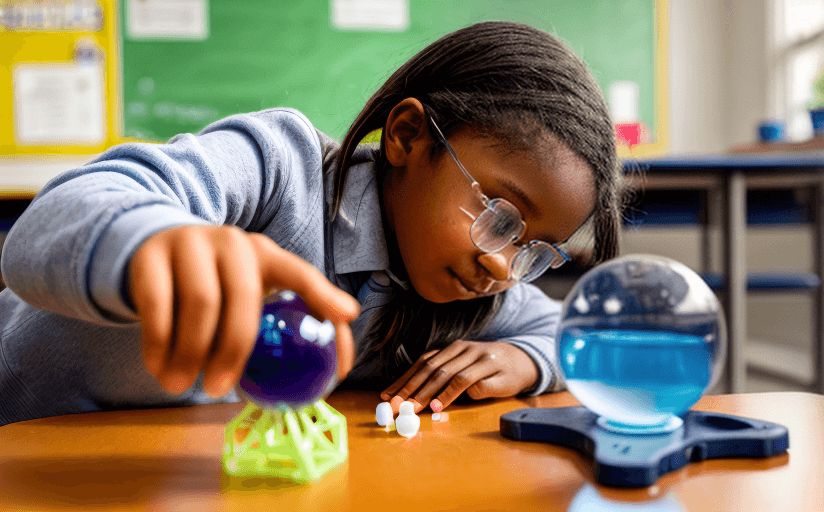The Advantages of Experiential Learning in Education
Experiential learning is an approach to education that emphasizes the importance of learning through direct experiences. This type of learning is based on the idea that students learn best when they are actively involved in the learning process. Experiential learning has been shown to be effective in helping students to develop critical thinking skills, as well as soft skills such as communication and problem-solving.
How Experiential Learning Has Been Successful in Classrooms
Experiential learning has been used in classrooms around the world to great success. One example is the use of project-based learning. In this type of instruction, students are given an assignment that requires them to complete a project. Through this process, students learn to research, plan, and organize their ideas. In addition, they learn to collaborate with others and work as a team, which can be beneficial in a variety of life skills.
Experiential learning can also be used to help students better understand topics. For example, a science teacher might take the students on a field trip to a nature preserve, where they can observe different plants and animals in their natural habitats. This type of learning helps students to make connections between what they are studying in the classroom and the real world.
Experiential learning can also be used to help students develop their problem-solving skills. For example, a teacher might give the students a problem to solve and then ask them to brainstorm possible solutions. Through this process, students learn to think creatively and develop problem-solving strategies.
Advantages of Experiential Learning in Education
Experiential learning has many advantages for students, including the following:
- It helps students to develop critical thinking and problem-solving skills.
- It encourages active participation and engagement in the learning process.
- It helps students to make connections between what they are learning in the classroom and the real world.
- It encourages collaboration and teamwork.
- It helps students to develop soft skills, such as communication and creativity.
Experiential learning is a powerful tool for helping students to learn and grow. By providing students with direct experiences, teachers can help them to develop critical thinking and problem-solving skills, as well as soft skills such as communication and creativity. Experiential learning has been successful in classrooms around the world, and it is an effective way to help students to become successful learners.

















Comments
Leave a Comment